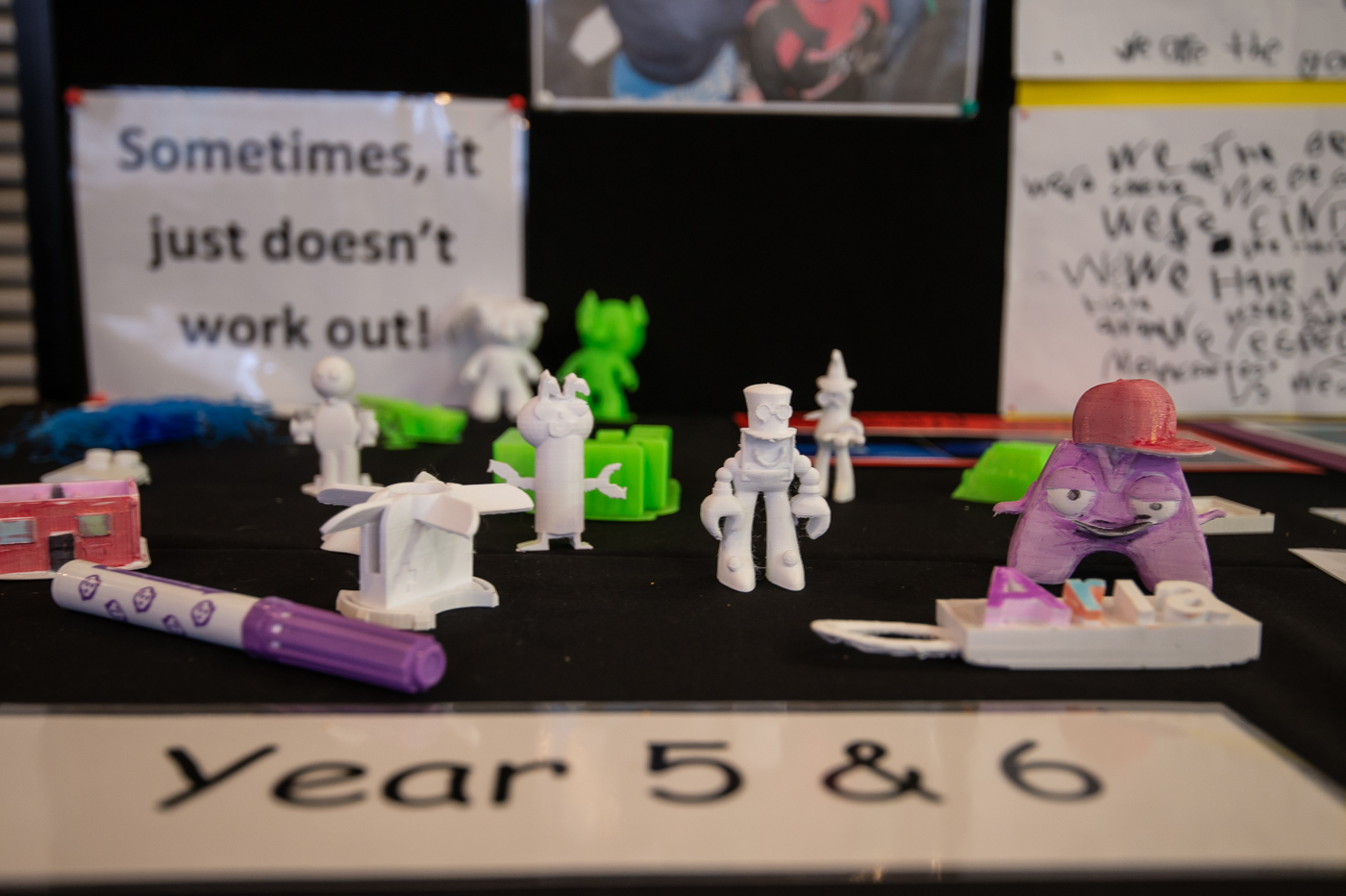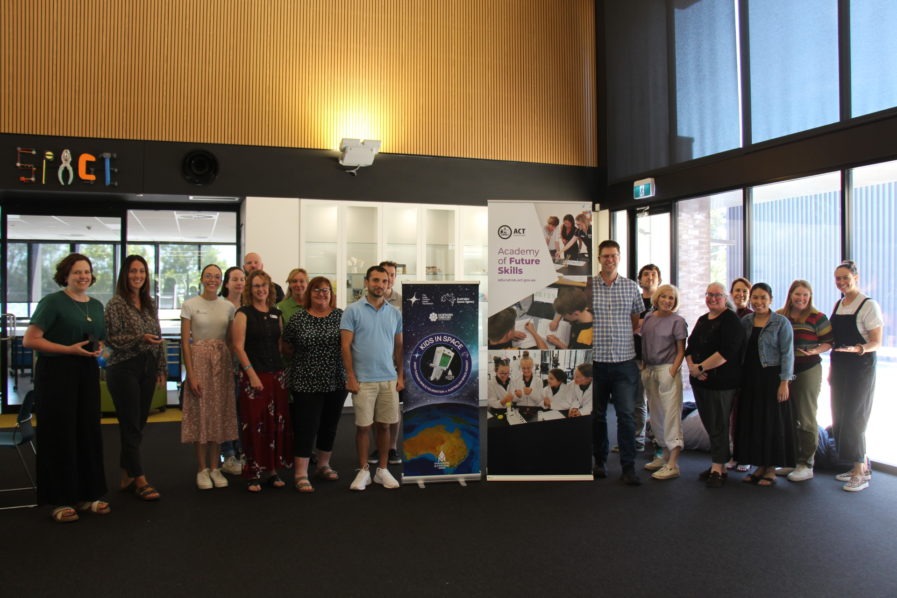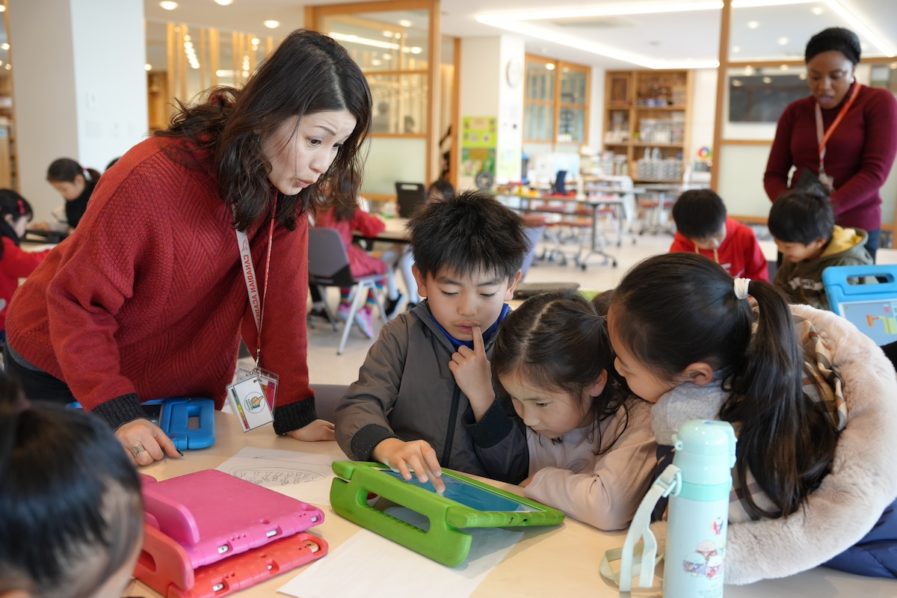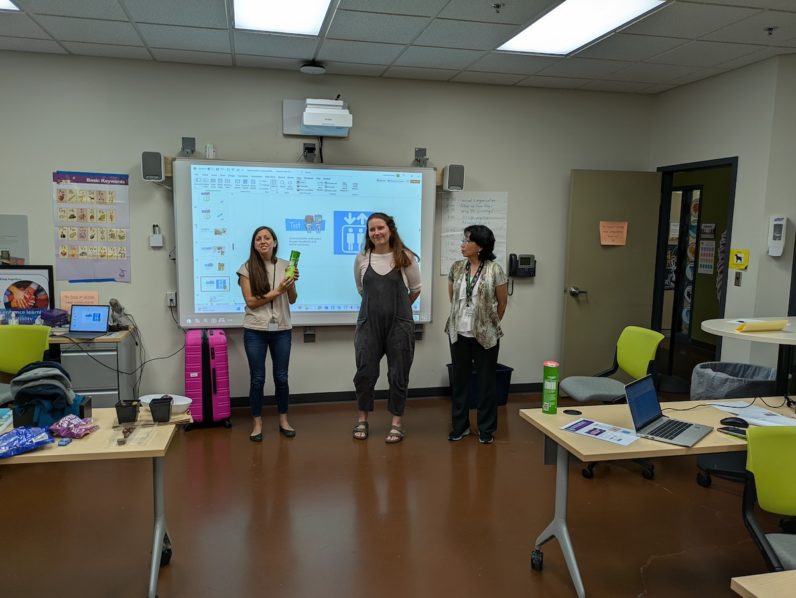To thrive in the 21st century our students need to be able to collaborate effectively with others, identify and develop innovative solutions to problems and challenges, and know how to think creatively and critically.
So, what is critical thinking? Critical thinking is the ability to think clearly and logically and to apply reasoning processes to ideas and situations. Critical thinkers ask questions and challenge information they are presented with. They seek to understand information from a range of perspectives, rather than jumping to conclusions and taking everything at face value.
Check out 6 key skills that effective critical thinkers have mastered.
Here we will look at ways that 3D design and printing can help our students develop these skills.
1. Understand the links between ideas
By providing a 3D design environment for students to create and invent in, Makers Empire challenges students to represent their ideas in a different way and asks them to move between abstract ideas, 2D, and 3D representations. Teachers have told us that when they ask students to sketch their ideas on paper before designing them in 3D, students think in deeper ways, move between the two design environments and work hard at transferring their thinking from one place to another.
2. Determine the importance and relevance of arguments and ideas
When used in collaboration with others, 3D design projects provide great contexts for students to give and receive feedback that helps them to further develop, evaluate and improve their designs. If clear design criteria are developed through the investigation and interpretation of a problem or opportunity, students can give and receive focused feedback and suggestions referenced against specific desired design outcomes.
3. Recognise, build and appraise arguments
3D design and printing offer many opportunities for students to construct positional arguments and appraise the solutions produced by others. We’ve seen some great examples, where students have developed persuasive arguments for why their design should be chosen as the one to be 3D printed. They need to demonstrate how their design best meets the agreed design criteria or best solves a problem.
4. Identify inconsistencies and errors in reasoning
3D printing is a great tool for producing prototypes of products for the purpose of testing and evaluating a design’s success in solving a problem or addressing the need. Testing a 3D printed prototype, not only enables students to test the functionality of their design, but also gather information on how well they have interpreted the design brief? Have they made assumptions? Are their ideas actually going to solve the problem in satisfactory ways? Or will their solution cause other problems?
5. Approach problems in a consistent and systematic way
In conjunction with design thinking process, 3D design and printing provide students with tools to approach problems in systematic, logical ways. Students start by identifying and interpreting a need or opportunity. They visualize approaches and generate ideas. These ideas drive the production of products and solutions which are then evaluated and improved in an iterative cycle.
6. Reflect on the justification of their own assumptions, beliefs, and values
Makers Empire 3D: Schools learning program supports teachers to engage their students in all aspects of authentic design experiences. An important element of the design thinking process is for students to understand the needs of the individual or group they are designing solutions for. They need to understand the experience of others and develop empathy for others. When viewing situations and problems from the perspective of others, students are required to think outside their own values and beliefs and challenge assumptions.
AUTHOR BIOGRAPHY

Mandi Dimitriadis, DipT. is an experienced classroom teacher who recognizes the power of technology to enhance teaching and improve educational outcomes. Mandi has extensive experience with curriculum development and learning, having previously developed programs for the Australian Government’s Department of Education. She is passionate about Design Thinking and how best to prepare today’s students for the future.
Makers Empire helps K-8 teachers teach Design Thinking, STEM and 21st-century learning skills using 3D printing. Our pioneering 3D solutions for schools include 3D modelling software, over 150 lesson plans aligned with international standards and professional development. With Makers Empire, engaged students learn how to solve real-world problems and make their world better.












